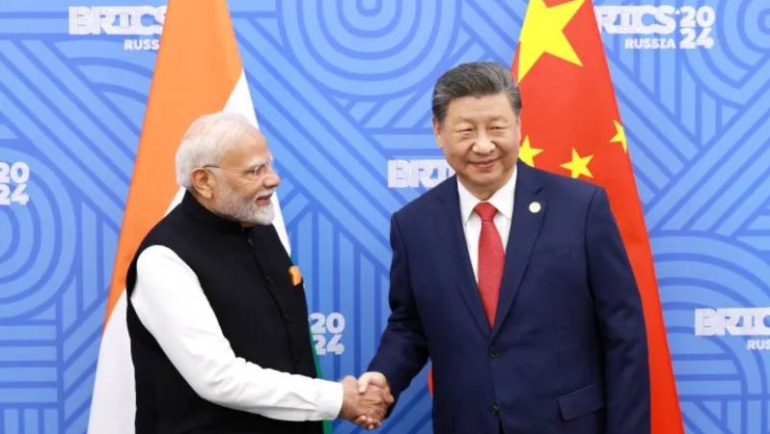Newspaper Article 01/10/2018
As per recent reports, the Taliban have demanded a prisoner swap as part of an upcoming round of talks with the United States and have stated, “If they are sincere in talks in the future, they would accept our proposal for a prisoners’ exchange.” The United States along with its allies who are stuck in this seventeen years long affair in Afghanistan have already faced serious debacles (the latest happened in July) in peace talks. The US occupation of Afghanistan is now rendered to be the longest and the most tiresome experience as sustenance of peace or long-term stability now seems to be a delusion in the region to an extent that US’ contentions are being questioned now. Whereby, each stakeholder has an entirely different angle to and interests in the conflict, their approaches to the resolution of the issue diverge greatly. Meanwhile, as the international community differs a lot on the subject, the internal dynamics of the land add further to the intricacies of the situation.
Currently, it is believed that Taliban still hold control of the 66 percent of the land. The world and the US disagree a lot on numbers. In recent months, the group has been able to showcase their power by carrying out deadly attacks and seizing major cities across the country (and this situation has stretched over years). Situation today seems tricky, grim and unsorted despite truces, ceasefire and volunteer efforts of peace marches. Afghanistan might see a regime change as two elections are scheduled over the next eight months. These elections are going to be consequential for not just determining the power quarters in Kabul but also the subsistence and legality of post-9/11 system in place. The landscape is certainly worrisome considering if Kabul sees a ‘system reset’ and its likely effect on current peace mechanism and their outcome.
As it happened in the previous elections, it has been predicted that either the elections will be highly rigged, challenged as disputed at the end or will not take place for reasons ie a) it has been a practice in the past, b) the uncertainty about state’s capacity to reform the system and c) the ethnic divide and (perceived) issues of power imbalance. If analyzed, all these issues widely prevailed and affected events of the past. For instance, the 2014 elections were challenged as disputed and the divide was so wide that it almost brought the country on the brink of a civil war. The current setup is a result of deal brokered by the then-US Secretary of State John Kerry so to avert the chances of war and sort out the balance of power among major factions. Similarly, since elections, the political setup is subjected to bloc politics and difference of opinion. Furthermore, as government moves ahead to successfully complete its tenure, there are serious question marks regarding what has been done in terms of tracking down the issues of rigging and reforming the system, despite the international and regional support (both in terms of time and money) for development. This, I am sure, nobody is certain of.
From an international perspective, not much is common between the constantly reiterated desire for peace and efforts made in that regard. For most of the time, it is either the ‘plus’ or ‘minus’ formulas i.e. to subtract one country out, add another majorly a new one to enhance the credibility of the process. The mechanisms have failed in Afghanistan over the years as impossibilities happened, every time. Be it death news of Mullah Omer or Mansoor. Furthermore, in the past, there have been clear instances when regional countries diverged over Afghan issue and each supported particular warring faction. But now as economics of conflict have grown worse, countries desire peace in Afghanistan for their own nationalistic and developmental satisfaction and the new found angles/scopes of cooperation are very narrow. The presence of Daesh is one such example.
For instance, if its presence compels states to cooperate, what is there afterwards that would keep them together in years to come? And how about if conflict persists regardless of any such presence, would the countries be able to glue together, invest millions there and still struggle to find a solution? And least to say, what are the chances that this time peace talks would work even if US accept the group’s current proposal and sorts out other issues? Where consensus-building remains to be a messy affair in Afghan politics, it is in absentia at the regional and international level. Amid bloodshed and complete mayhem, the stakeholders must take care of the internal dynamics of Afghan politics and society and not just focus on bringing the warring groups to table and terms.

